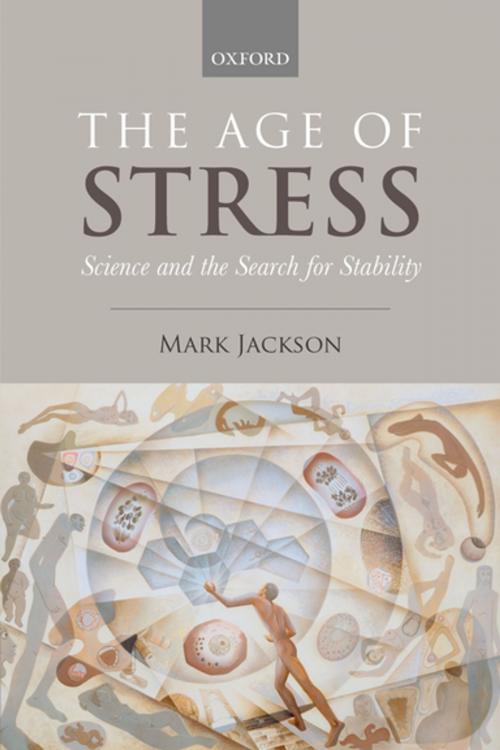The Age of Stress
Science and the Search for Stability
Nonfiction, Health & Well Being, Psychology, History, Medical| Author: | Mark Jackson | ISBN: | 9780192514998 |
| Publisher: | OUP Oxford | Publication: | November 17, 2016 |
| Imprint: | OUP Oxford | Language: | English |
| Author: | Mark Jackson |
| ISBN: | 9780192514998 |
| Publisher: | OUP Oxford |
| Publication: | November 17, 2016 |
| Imprint: | OUP Oxford |
| Language: | English |
We are living in a stressful world, yet despite our familiarity with the notion, stress remains an elusive concept. In The Age of Stress, Mark Jackson explores the history of scientific studies of stress in the modern world. In particular, he reveals how the science that legitimates and fuels current anxieties about stress has been shaped by a wide range of socio-political and cultural, as well as biological, factors: stress, he argues, is both a condition and a metaphor. In order to understand the ubiquity and impact of stress in our own times, or to explain how stress has commandeered such a central place in the modern imagination, Jackson suggests that we need to comprehend not only the evolution of the medical science and technology that has gradually uncovered the biological pathways between stress and disease in recent decades, but also the shifting social, economic, and cultural contexts that have invested that scientific knowledge with meaning and authority. In particular, he argues, we need to acknowledge the manner in which enduring concerns about the effects of stress on mental and physical health are the product of broader historical preoccupations with the preservation of personal and political, as well as physiological, stability.
We are living in a stressful world, yet despite our familiarity with the notion, stress remains an elusive concept. In The Age of Stress, Mark Jackson explores the history of scientific studies of stress in the modern world. In particular, he reveals how the science that legitimates and fuels current anxieties about stress has been shaped by a wide range of socio-political and cultural, as well as biological, factors: stress, he argues, is both a condition and a metaphor. In order to understand the ubiquity and impact of stress in our own times, or to explain how stress has commandeered such a central place in the modern imagination, Jackson suggests that we need to comprehend not only the evolution of the medical science and technology that has gradually uncovered the biological pathways between stress and disease in recent decades, but also the shifting social, economic, and cultural contexts that have invested that scientific knowledge with meaning and authority. In particular, he argues, we need to acknowledge the manner in which enduring concerns about the effects of stress on mental and physical health are the product of broader historical preoccupations with the preservation of personal and political, as well as physiological, stability.















